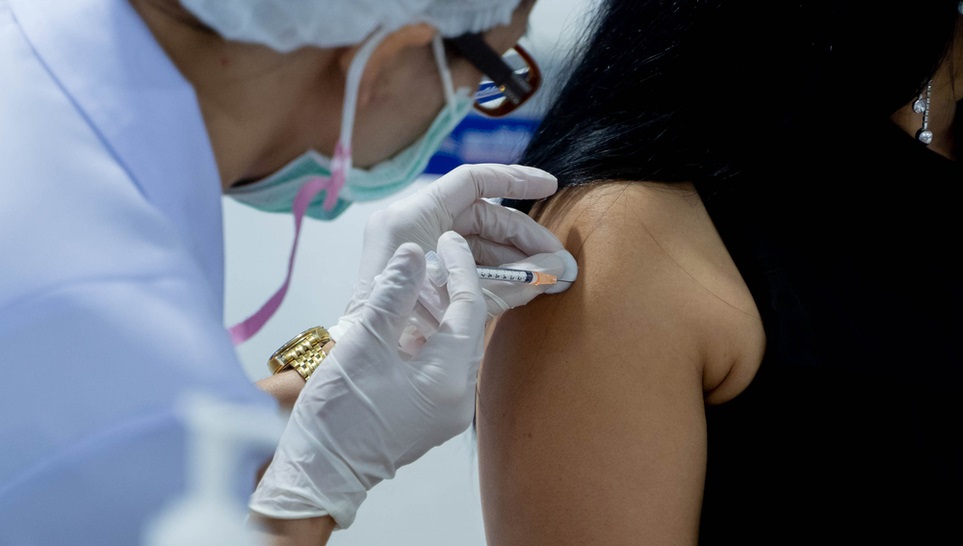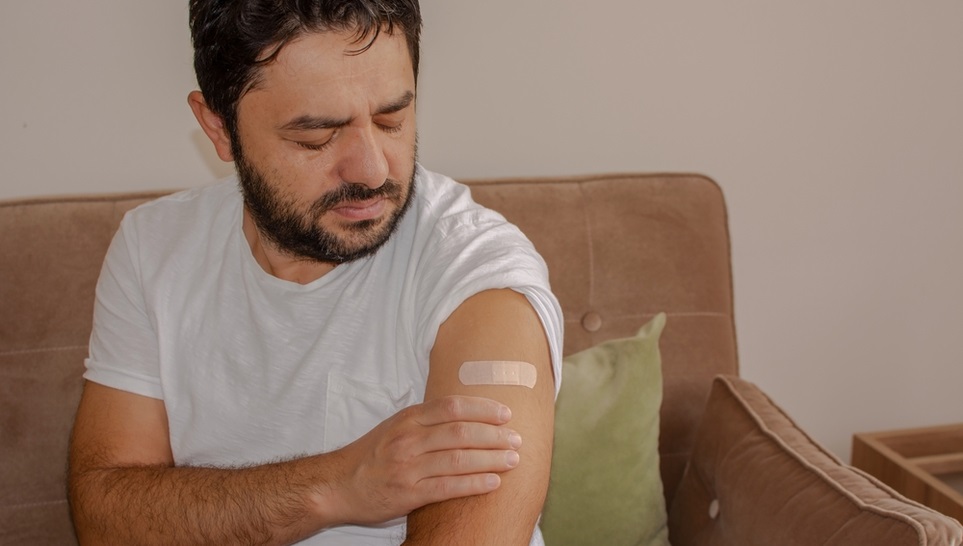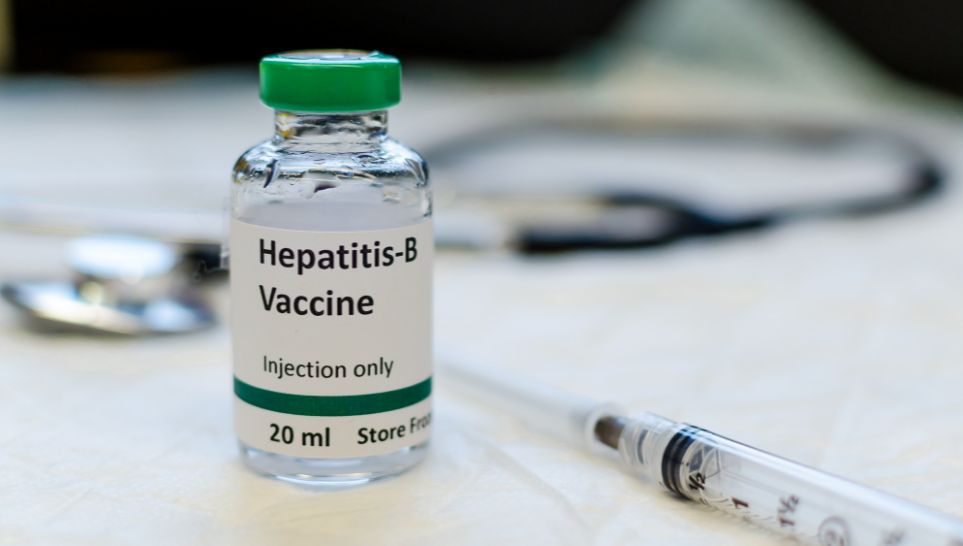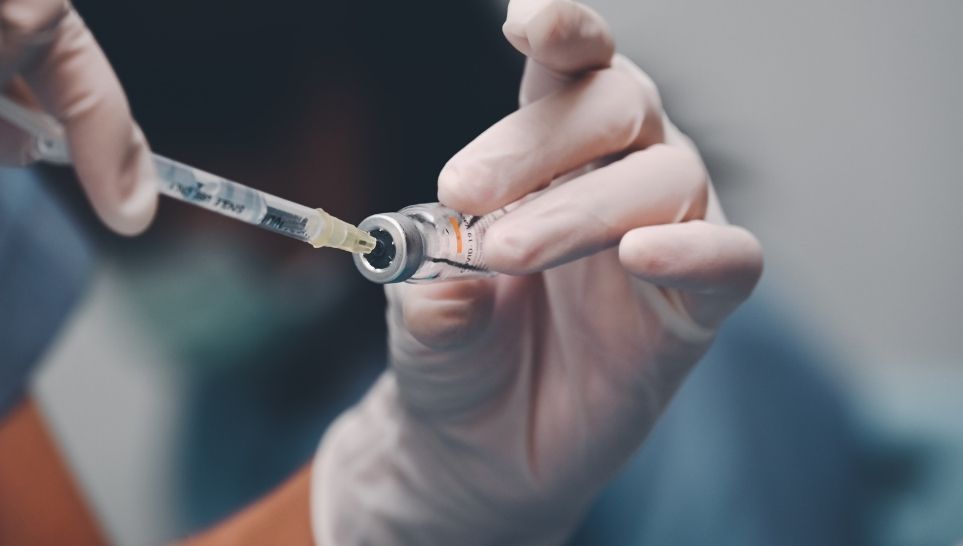
Vaccines are one of the greatest medical discoveries in human history and have contributed to the virtual eradication of several deadly illnesses, such as smallpox and polio. However, like all medical treatments, vaccines do carry some risks.
Miller Fisher syndrome is a variant of Guillain Barre syndrome, a rare neurological condition that vaccines can cause. In the 1980s, the federal government established the National Vaccine Injury Compensation Program to reimburse vaccine injury sufferers. If you have developed the Miller Fisher variant of Guillain Barre syndrome after taking a flu vaccine, you may be eligible for financial compensation.
Sadaka Associates has over 15 years of experience handling Miller Fisher syndrome vaccine injury claims. Through our work, we have helped our clients receive millions in damages.
What is the Miller Fisher Variant of Guillain Barre Syndrome?
Miller Fisher syndrome (MFS) is a rare subtype of a range of conditions known as Guillain Barre syndromes (GBS). With MFS and GBS, the body’s immune system starts to attack healthy nervous tissue, causing a range of symptoms.
GBS is rare and occurs in approximately 1 out of 100,000 people. MFS is even rarer and presents in about 1% to 5% of GBS cases. The conditions can affect both adults and children but are most common in men over the age of 50.
GBS and MFS are often a result of infection by some pathogen. For example, people are more likely to develop these conditions after contracting haemophilus influenzae, campylobacteriosis, and other respiratory infections. Doctors typically diagnose GBS and MFS by performing a physical examination and testing your blood for antibodies.
Like most autoimmune conditions, MFS and GBS occur when the body’s antibodies respond to illness by attacking healthy tissues. Scientists are not currently sure exactly why the body’s immune system goes haywire, but they have linked the condition to the production of a specific antibody.
The key difference between GBS and MFS is where symptoms originate. GBS typically presents with weakness and tingling in the arms and extremities, while MFS begins with numbness and tingling behind the eyes.
Symptoms of GBS and MFS
GBS and MFS are conditions that affect the nervous system, so they present with a wide range of neurological symptoms, including but not limited to:
- Double vision
- Blurry vision
- Weakened facial muscles (e.g., eyelids, mouth, etc.)
- Slurred speech
- Lack of gag reflex
- Poor balance when standing or walking
- Diminished reflex response
- General fatigue and weakness
- Rapid heart rate
- Sensory impairments
GBS and MFS are rarely fatal, and most patients manage to recover some functionality and comfort. However, GBS and MFS can have residual symptoms that interfere with your overall comfort and life. A small percentage of GBS and MFS patients may develop paralysis or other permanent disabilities.
MFS and Influenza Vaccines

In 1976, the US federal government began a nationwide program to vaccinate for swine flu. Shortly after beginning the program, the government started receiving reports about increased cases of GBS and MFS in the population. According to a widely cited study, those who received the swine flu vaccine were significantly more likely to develop GBS and MFS later in life.
The government quickly disbanded the program in December 1976 after vaccinating nearly 40 million people—approximately 25% of the population at the time. Medical researchers found at least 500 people who developed GBS or some variant after taking the swine flu vaccine.
Since then, the medical community has performed extensive research to determine if other types of influenza vaccines could cause GBS. Almost all studies found that the risks of developing GBS or MFS from a seasonal flu vaccine are nearly negligent. However, at least two studies found that approximately one out of every one million people may develop GBS/MFS after taking the flu vaccine.
GBS/MFS Prognosis and Treatment
The vast majority of GBS and MFS cases are non-fatal, and patients make a full recovery. In some cases, the symptoms go away on their own. However, doctors have treatments to manage neurological symptoms and prevent the immune system from attacking healthy tissue.
Generally, symptoms are mild and often dissipate on their own. Treatment regimens involve administering immunoglobulins and performing plasmapheresis.
IV immunoglobulin treatments introduce beneficial antibodies and increase the production of red blood cells. Plasmapheresis treatments remove antibodies responsible for attacking non-diseased tissue.
Recovery starts in about two to four weeks, with most patients making a full recovery after three to six months.
What Should I Do After Being Diagnosed With Miller Fisher Syndrome?
If you have been diagnosed with either GBS or the Miller Fisher variant of Guillain Barre syndrome, it is important to stick to your therapy regimen. Modern treatments for autoimmune conditions are very effective, and most patients can continue to have a normal quality of life. Failure to continue therapy and treatment can cause sustained neurological damage.
After receiving proper treatment, you can file a claim with the Vaccine Injury Compensation Program (VICP). The program exists to compensate individuals for lost wages and medical care due to illness from vaccines. Our team at Sadaka Associates is intimately familiar with the vaccine injury claims process, so we can help you through the legal process.
How Can a Vaccine Injury Lawyer Help?
Filing a vaccine injury claim is a long process that requires extensive documentation and appeals. Given these complexities, you need a competent vaccine injury lawyer on your side. A competent attorney can help by:
- Gathering necessary documents to file a claim
- Obtaining and verifying medical diagnoses
- Filling your petition with the relevant details
- Maintaining correspondence with the Health Resources and Services Administration and relevant federal institutions
- Negotiating claims with insurance companies
- Appealing court decisions
- And more
Being diagnosed with an autoimmune condition can be a scary and frustrating experience. Unfortunately, doctors still do not understand much about autoimmune conditions, so it can be difficult to find an adequate treatment regime that returns comfort and control. That is why Sadaka Associates will work tirelessly to help you get your life back on track.
Vaccine Injury FAQ

Below are some of the most common questions we receive concerning vaccine injury claims.
Can I Sue Vaccine Companies?
It is important to realize that filing a vaccine injury claim with the VICP is not a lawsuit. It is a no-fault alternative to traditional litigation for vaccine injury claims. The VICP is an alternative to private litigation of vaccine manufacturers to streamline the process for individual claimants.
This structure has some legal benefits. It generally takes less time to process a vaccine injury claim than a traditional personal injury lawsuit, and most vaccine injury claims end successfully. Our legal team at Sadka Associates has over 15 years of experience navigating the VICP legal landscape, so we can pursue your case efficiently.
Does it Cost Money to File a VICP Claim?
Most plaintiffs do not end up paying any money to file a claim. There is a filing fee and a cost to acquire medical documents, but most decisions reimburse filers for legal and administrative costs in addition to reimbursement for your injury.
What is the Statute of Limitations on Vaccine Injury Claims?
The statute of limitations for vaccine injury claims is three years to the date that you developed the first symptoms of your condition. In the case of a patient’s death, the statute of limitations is four years from the date of the first symptoms or two years after death. It is crucial to act quickly. The longer you wait, the less likely you are to receive sufficient compensation.
Can Vaccine Injuries Be Fatal?
The vast majority of those who develop GBS or MFS after taking a vaccine make a full recovery and go on to live healthy lives. However, a small percentage of patients may develop serious complications, including paralysis, disability, or death. The sooner you seek treatment, the less likely you are to develop serious illness.
Who Monitors Vaccines for Safety?
In the US, the Food and Drug Administration is responsible for testing and approving vaccines for human use. The CDC further monitors vaccine administration to determine long-term vaccine efficacy and safety. Two databases the CDC uses include the Vaccine Adverse Event Reporting System and the Vaccine Safety Datalink.
Hire a Vaccine Injury Attorney Today
Sustaining a vaccine injury can significantly affect your ability to work and quality of life. At the Law Firm of Sadaka Associates, we dedicate ourselves to pursuing justice for our clients, no matter where it takes us. Our team of dedicated attorneys has experience pursuing compensation through the VICP and private lawsuits.
If you or a loved one have developed the Miller Fisher variant of Guillain Barre syndrome after taking a flu vaccine, contact Sadaka Associates’ Vaccine Injury Help Center online or give us a call at 1 (800) 810-3457 to schedule a case evaluation. You have limited time to file a vaccine injury claim, so don’t hesitate—call us today!





